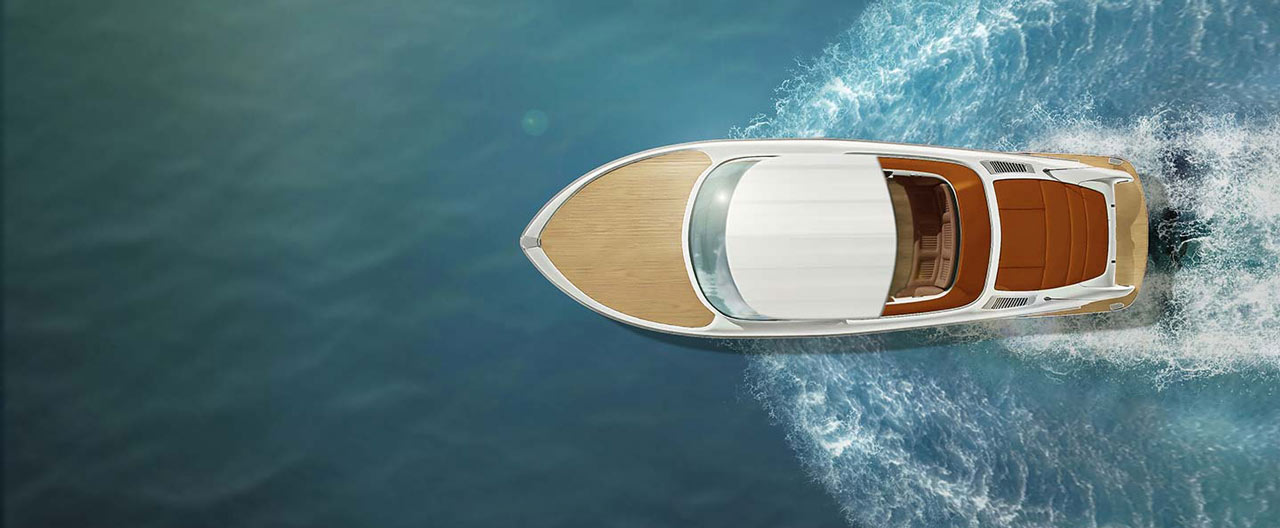Before you head out on the water for the first time this season, it’s important to make sure you and your boat are completely prepared. That’s why we’ve put together the following checklist for you to follow for a safe boating season, starting day one.
1. Take a safety course.
Whether you’re a new boater or a seasoned boating veteran, it’s always a good idea to brush up on boating safety. Here are a few places to find courses:
2. Schedule a vessel safety check.
Before you launch your boat this year, you can get a free vessel safety check from the U.S. Coast Guard Auxiliary or U.S. Power Squadron. A Vessel Examiner will inspect your vessel, make recommendations, and discuss certain safety issues to ensure you’re ready for a safe boating season. For more information, visit:
3. Check your vessel and equipment.
Make sure your boat is safe and operating at peak efficiency before you get out on the water. You’ll want to:
- Know where important equipment is located, such as life jackets or throwable flotation devices, a horn or sound-producing device, fire extinguishers, a carbon monoxide detector, and flares or other visual distress signals.
- Make sure your boat horn can emit a four-second blast that is audible for half a mile and attach a whistle to each personal flotation device.
- Check the electrical systems and lighting equipment, including navigation lights, to make sure they’re working correctly. Bring a flashlight with extra batteries, just in case.
- Check the bilges and pump them dry if water is present.
- Make sure your boat drain plug is inserted.
- Keep a basic toolkit on board for emergencies.
- Keep an inventory of spare parts such as fuel and oil filters, spare belts, oil, and coolant.
4. Make sure you have enough life jackets for everyone aboard.
Check your state laws to see what’s required, and replace them when they are no longer usable. For more guidance on the different types of life jackets and PFD’s, click here.
5. Check the boat’s ventilation.
If you smell fuel before ventilating, run the blowers for several minutes and recheck before starting. If you still smell fuel, shut down the engine and look for the source of the leak. Make sure this is repaired before you head out on the water.
6. Check the weather report.
Before you depart shore, make sure the weather will cooperate with your plans. Check the weather forecast for your navigation route and destination.
7. Share your float plans.
It’s important that someone who’s not with you knows where you’re headed. So, share your plans with a family member, friend, or the U.S. Coast Guard.
8. Welcome friends and family aboard but insist they know the rules.
Make sure all guests board and exit the boat when the engines are off, and stay away from the propellers when they’re on or idling. Give each guest a floatation device and familiarize them with the boat’s operations and safety equipment. Discourage them from swimming in the marina, as stray power in the water could be an electrical shock hazard.
9. Keep important papers on the boat.
Make sure you have your vessel’s paperwork, radio and boating license, fishing permit, and any charts for the areas you intend to visit on board before you head out.
10. Carry everyday essentials.
You’ll want to keep these items on board, every time you go out:
- Sunscreen
- Sunglasses
- First-aid kit
- Extra clothing
- Hand sanitizer and masks
- Mirror
- Cell phone with a charger
- Binoculars
- Rechargeable battery brick
11. Take these steps before you start the engine:
- Run the blower for at least four minutes, if you have one.
- If you have an outboard engine, ensure the motors are down and in a sufficient amount of water.
- For dual charging systems, check that the selector switch is in the proper position.
- Make sure the entire vessel has power.
- Check your fuel, engine oil, and coolant levels and top them off as needed.
- Check to ensure belt tension is taut.
- Ensure the raw water intake valve is in the open position.
12. Make sure cooling water is flowing once the engine has started.
Check your oil pressure and water temperature and attach the kill-switch lanyard, if you have one.
13. Pay attention at all times.
Always keep a lookout for what others on the water are doing and be respectful of buoys and other navigational aids.
14. Follow docking and anchoring procedures.
Be sure to have at least one anchor with plenty of rode (at least 7:1 rode to depth ratio) set up and ready for use, and bring two or three extra dock lines. Once set up, visually inspect each line for chafe or wear and replace them if necessary. Use a minimum of two fenders when docking or towing. For more assistance click here.
Insights and expertise
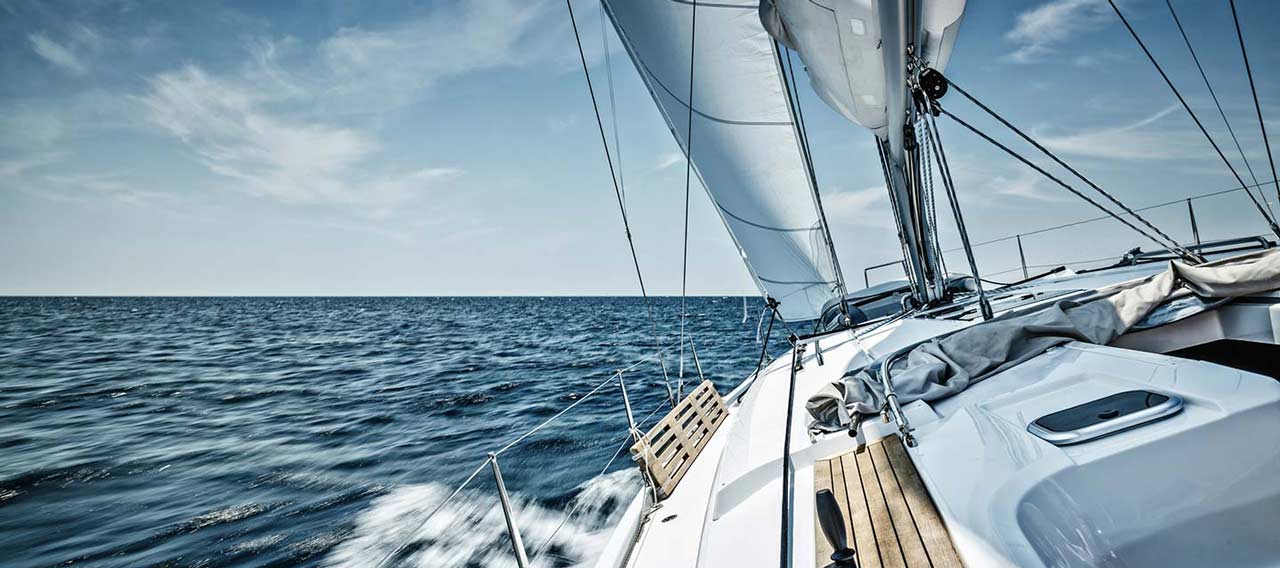
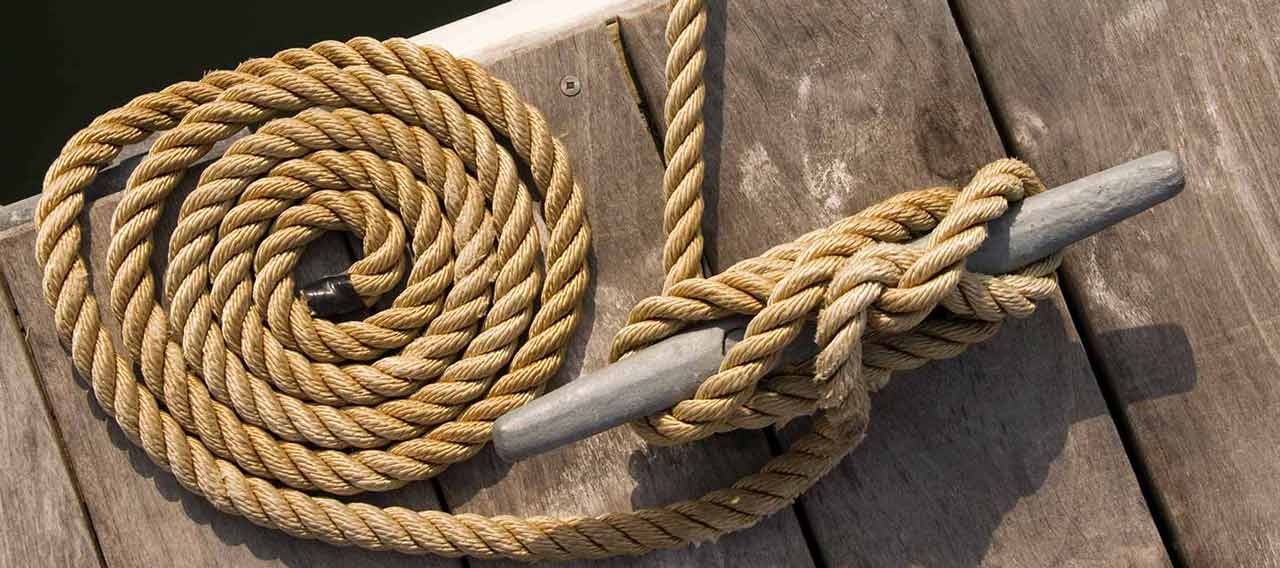
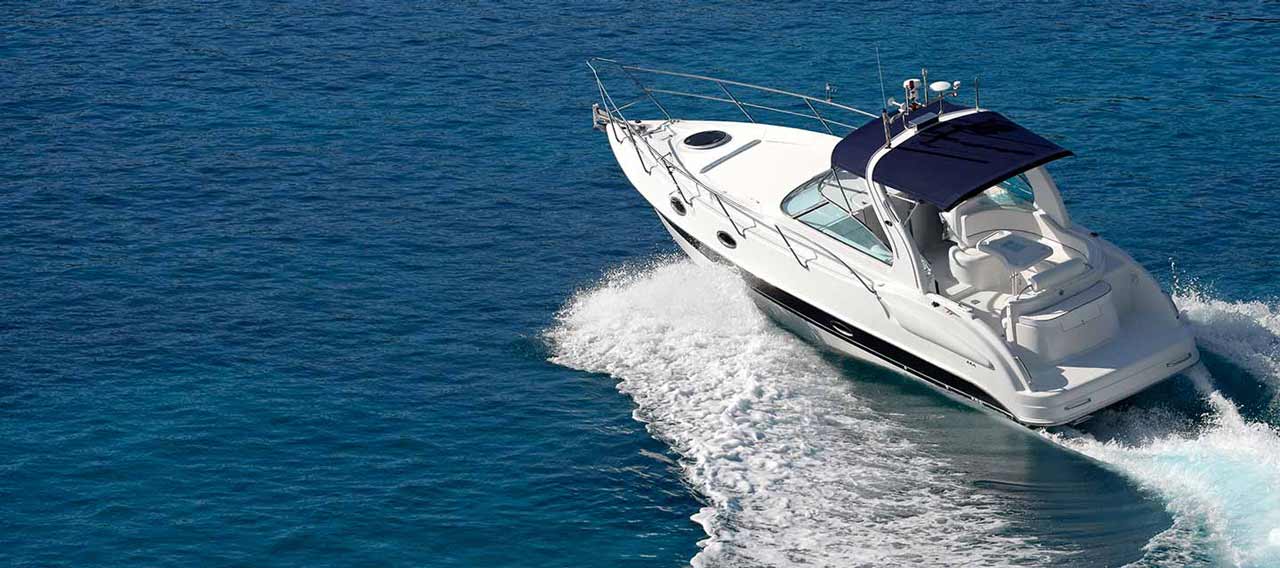
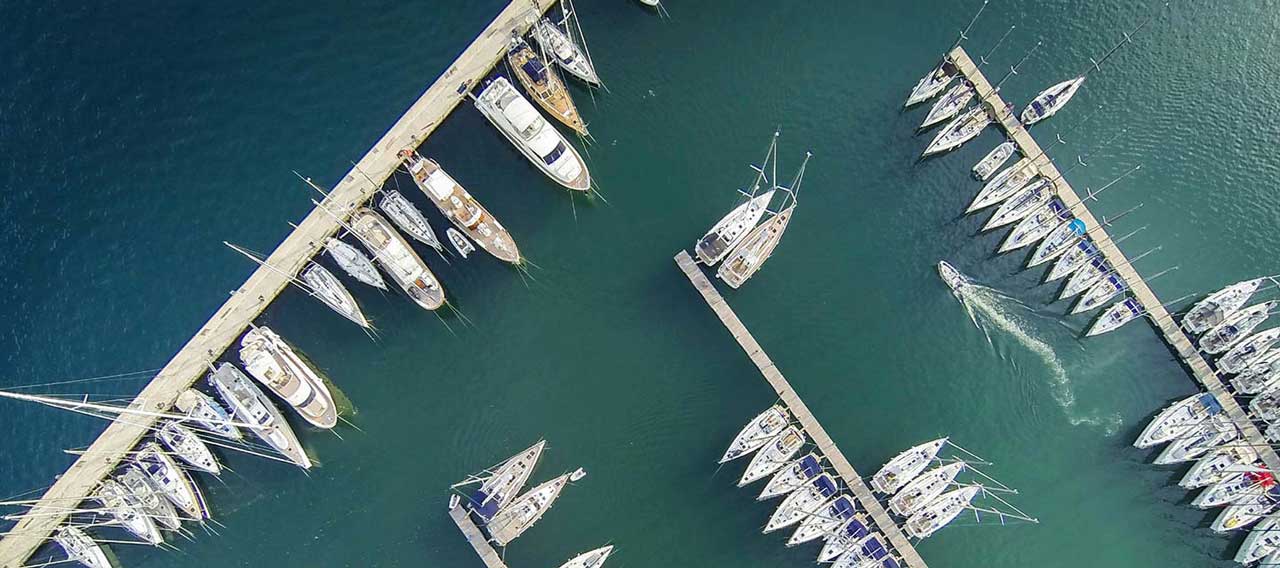
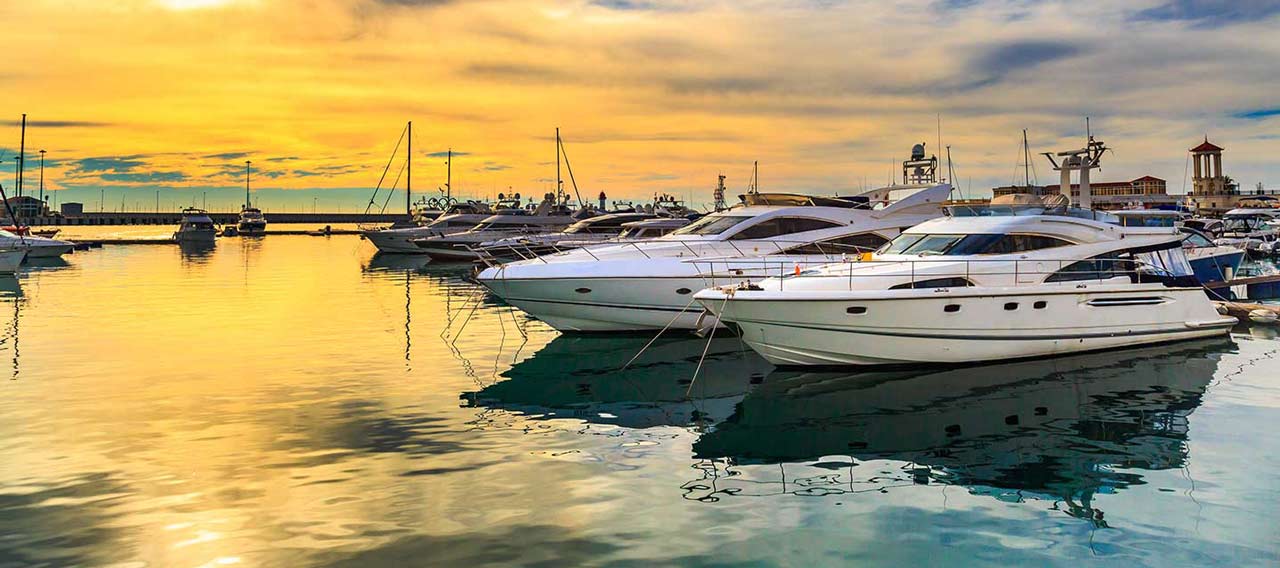
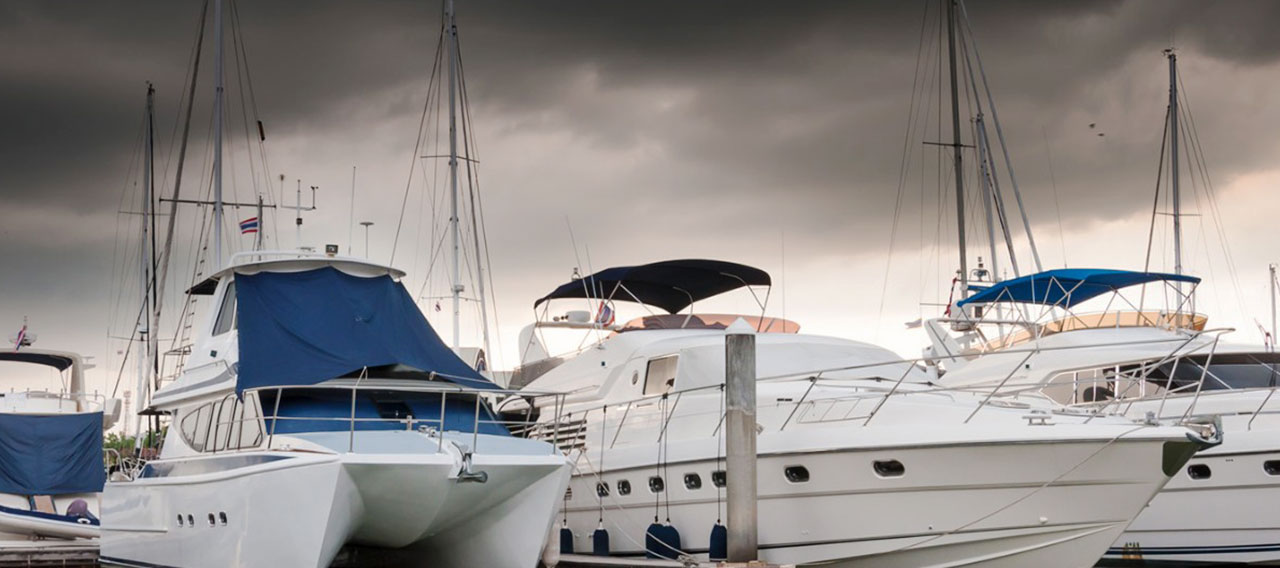
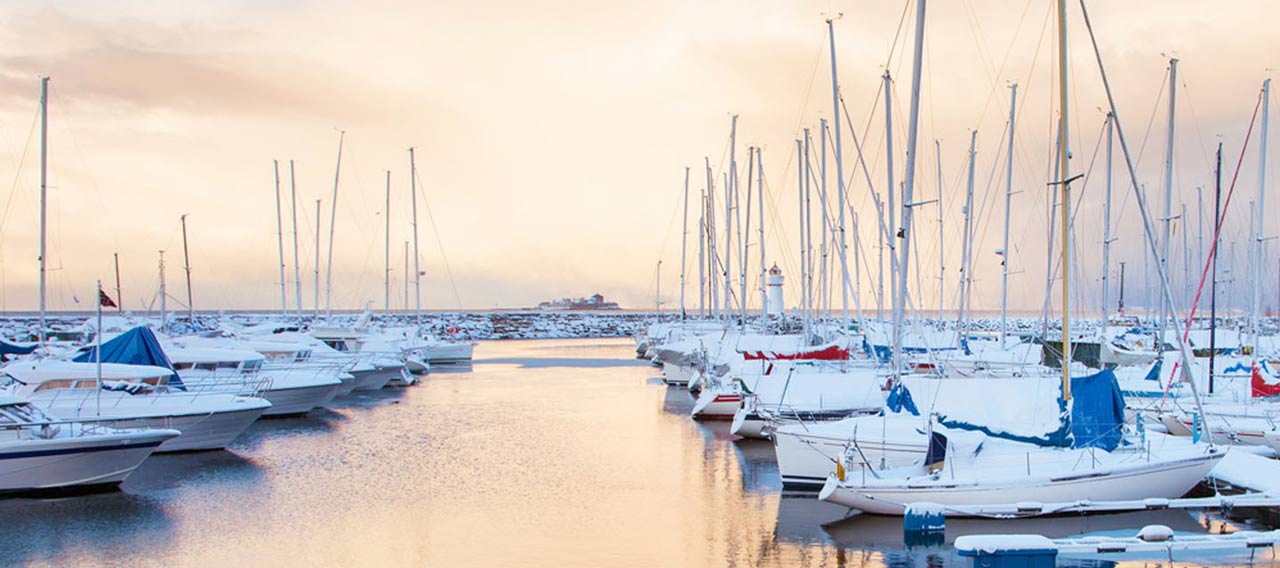
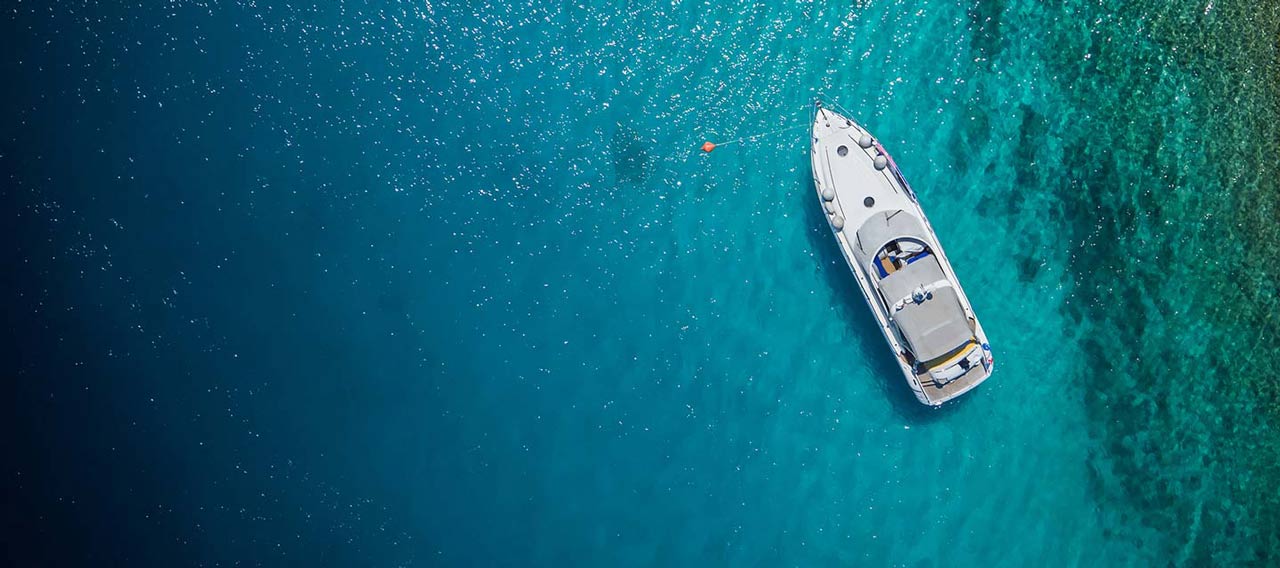
This document is advisory in nature and is offered as a resource to be used together with your professional insurance advisors in maintaining a loss prevention program. It is an overview only, and is not intended as a substitute for consultation with your insurance broker, or for legal, engineering or other professional advice.
Chubb is the marketing name used to refer to subsidiaries of Chubb Limited providing insurance and related services. For a list of these subsidiaries, please visit our website at www.chubb.com. Insurance provided by ACE American Insurance Company and its U.S. based Chubb underwriting company affiliates. All products may not be available in all states. This communication contains product summaries only. Coverage is subject to the language of the policies as actually issued. Surplus lines insurance sold only through licensed surplus lines producers. Chubb, 202 Hall's Mill Road, Whitehouse Station, NJ 08889-1600.










